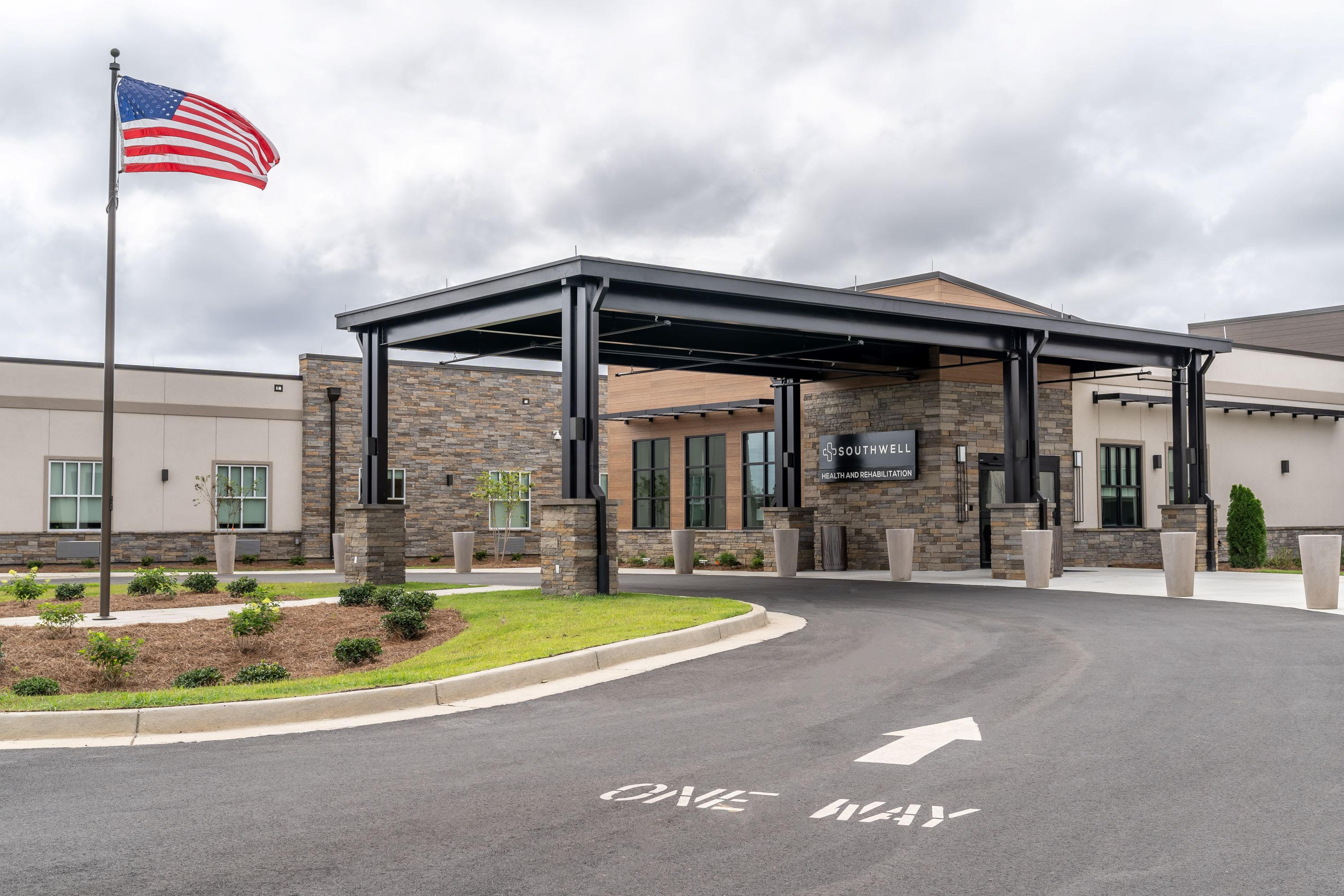ZACHARY: Let the gerrymandering begin, or not
Published 9:00 am Saturday, November 30, 2019

- DomeLight by Jim Zachary
Pundits say Georgia is in play in 2020.
Red could turn purple on its way to blue.
Of course, metro Atlanta will be the epicenter of any seismic shift in the Georgia political landscape.
While eyes across the nation may be on Georgia with respect to the 2020 presidential election, the people of Georgia must keep their eyes on the statehouse.
The makeup of the Georgia General Assembly after statewide statehouse elections next year — a U.S. Census year — will go a long way towards determining what Georgia politics will look like for the next decade or more.
While 2020 is a statewide election year and the year of the census, 2021 will be the year of gerrymandering.
The party in power following what are sure to be hotly contested races throughout the state of Georgia, will control the redrawing of legislative districts and, regardless of what anyone pledges or how ethical they claim to be, district lines will favor the majority party.
For the past decade, Republicans have controlled the legislative and executive branches of state government, clearly in the majority in the House, Senate and holding the governor’s office.
Flipping the state may have seemed unlikely, if not impossible, just a few short years ago, but Gov. Brian Kemp’s rather narrow defeat of Stacey Abrams painted a different picture where hues of bright red faded into shades of purple and even blue in many pockets of the state.
Republican lawmakers who do not brace, and prepare, themselves for serious opposition could end up surprised, if not shocked next year.
Democrats who think they will ride a massive blue wave in the wake of Abrams’ historic run are in for an uphill battle, to say the least.
Both parties know the stakes are high.
The truth is, however, that the stakes are higher than they should be.
The U.S. Supreme Court said back in the summer of this year that the high court will not step in to prevent gerrymandering in the states, arguing that the federal government, especially the judiciary, should not interfere in the legislative process.
To be clear, neither party is above blatant gerrymandering, redrawing districts to favor the reelection of partisans.
The real problem isn’t which party does it. The problem is the process itself.
While over the years a handful of lawmakers have called for completely independent, nonpartisan, panels to draw legislative and congressional districts, those measures never get broad support and always fail.
With all due respect to Tip O’Neill, all politics may not necessarily be local, but all politics are most certainly partisan.
Republicans and Democrats should, for once, come together to put an end to gerrymandering in Georgia by amending the state constitution and establishing a nonpartisan, independent redistricting commission.
CNHI Deputy National Editor Jim Zachary is the editor of the Valdosta Daily Times and vice president of the Georgia First Amendment Foundation. He can be reached at jzachary@cnhi.com.





